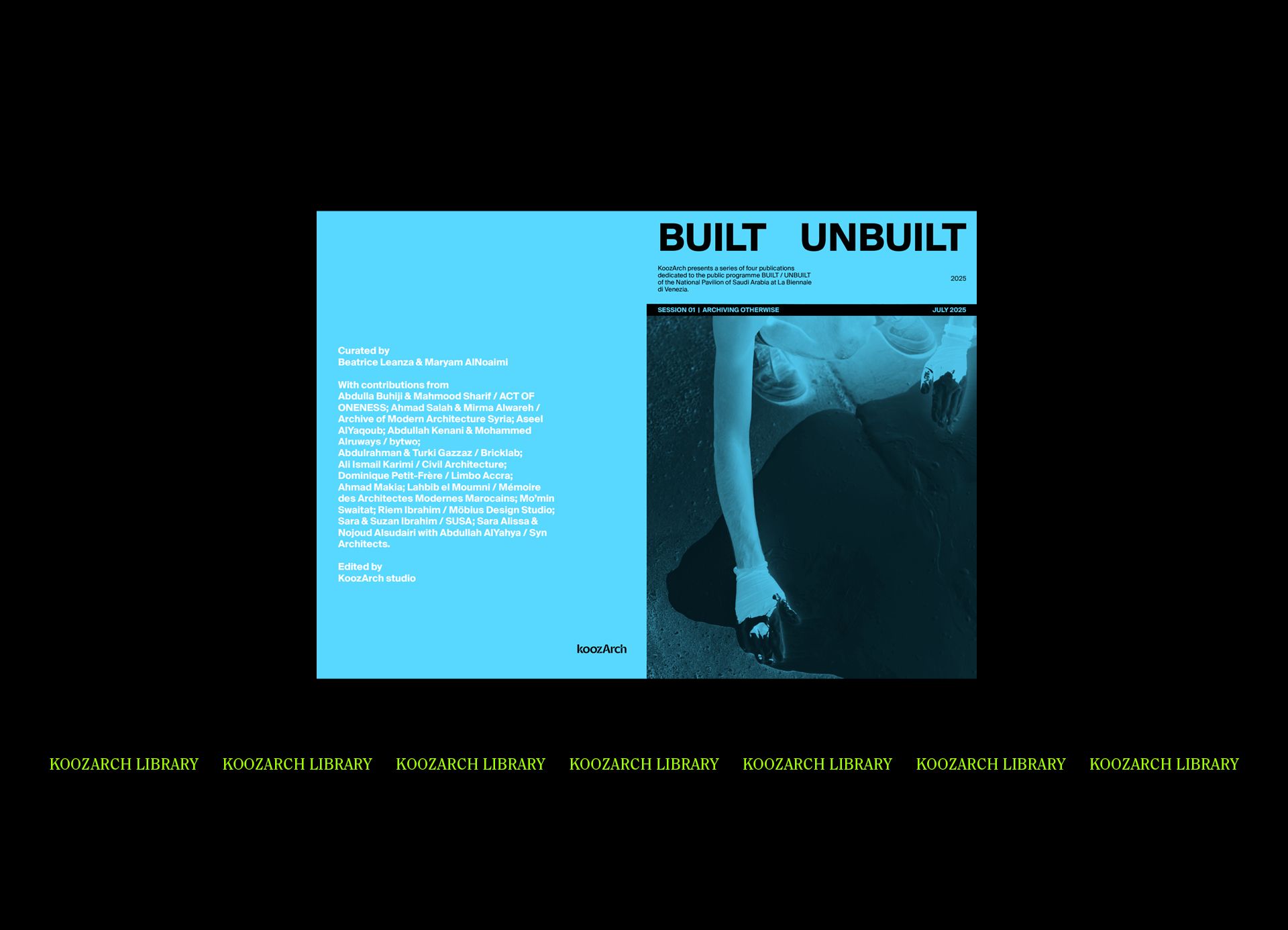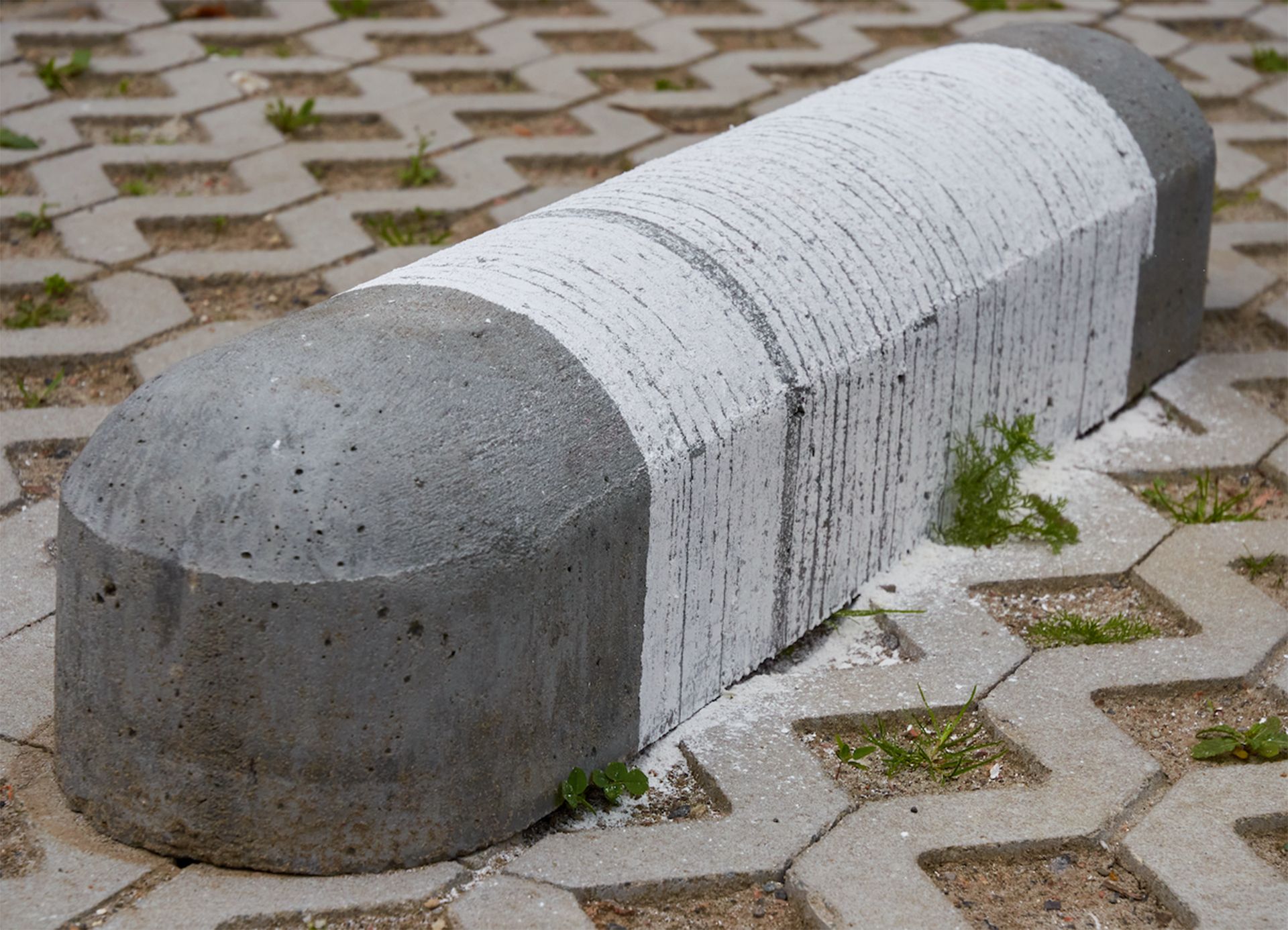This column is dedicated to precarity, both as a historical condition of what “we” are living through right now,1 and a navigational practice of traversing the contradictions and indeterminacy this circumstance entails. In other words, it is both a trait of our time and a way of being, knowing and practising.
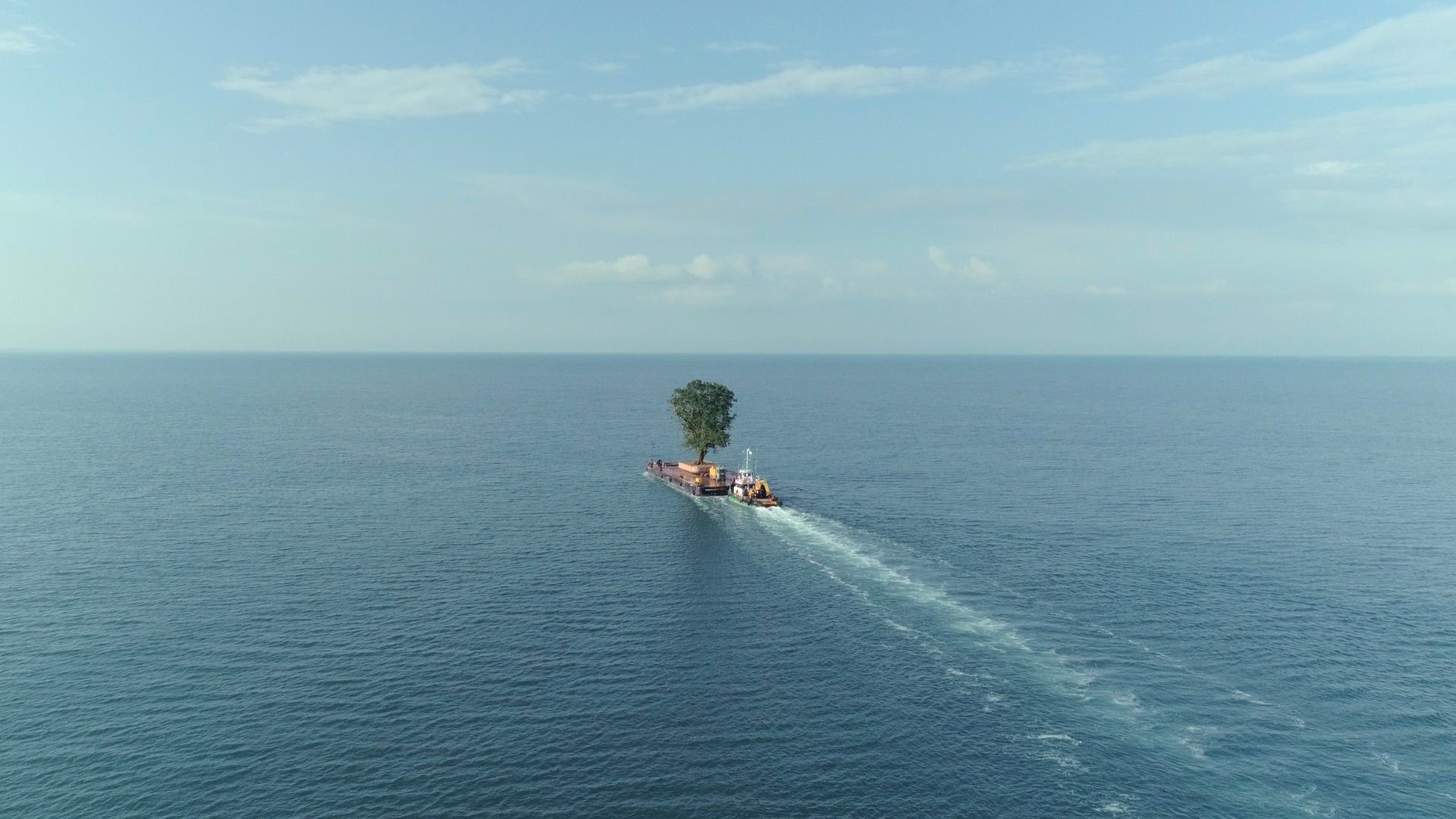
Film still from Taming the Garden, 2021, dir. Salomé Jashi. © Mira Film / Corso Film / Sakdoc Film
Precarity is a general mood of uncertainty, unpredictability and insecurity. Countless evidences mount on a daily basis in life, in news and in the air. Or, we just feel it.
Precarity is a state of fatigue, burnout and exhaustion. The total commodification of every aspect of life makes us simultaneously the raw material, the producer and the consumer of the capitalist machine. Yet, precisely out from the intensity and extensivity of exhaustion comes a radical potential manifested through the attitude of “prefer not to”, an active inactivity and a desire to seek an exit.
Precisely out from the intensity and extensivity of exhaustion comes a radical potential manifested through the attitude of “prefer not to”, an active inactivity and a desire to seek an exit.
Precarity is a confrontation with deep entanglements in complex, long chains of intentions and consequences. Emblematic are the climate crisis and the pandemic. Their entangled spatial and temporal relations range from planetary feedback loops - such as, how increasing density of large herbivores in the Siberian Arctic might mitigate global rising temperature via the permafrost down into the ground and the atmosphere up in the air - to everyday matter - such as, how plastic, the most ubiquitous matter of modernity, hosts contrasting temporalities between a moment of instant connivence and geological deep time (via fossil fuel).
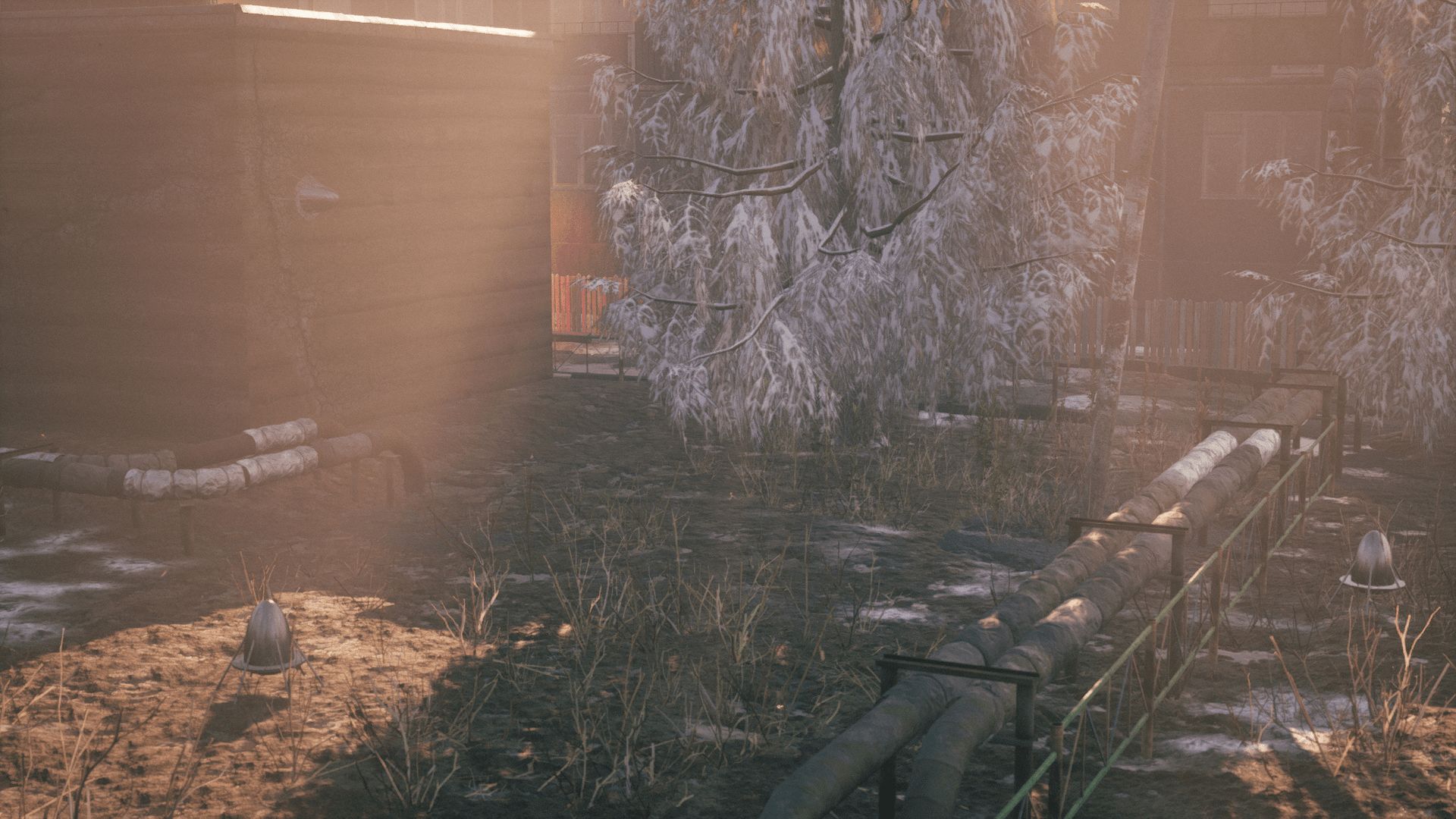
Film still from Reworlding Mirny, 2021, graduation project by Agata Nguyen Chuong, ADS7 2020-21, Royal College of Art School of Architecture
The layered notion of precarity as a condition leads to a proposition that I dare to suggest: Precarity is an epistemological and political position.
The attunement to indeterminacy and interdependence that is conditioned by precarity shapes a different way of sensing and sense-making. It is different from how disciplinary knowledge has been canonically constituted, through demarcating boundaries and pursuing inwards subdivisions (or purity, really), and it is also different from the political struggles that mobilise confrontation as its primary means and language - I am not at all denouncing the value of this type of political work.
The layered notion of precarity as a condition leads to a proposition that I dare to suggest: Precarity is an epistemological and political position.
Precarity as an epistemological and political position is about being relational, or relationality - how it is attuned to, activated, forged and enacted. It is to derive new sensibilities and imaginaries from the mundane moments, the peculiar spaces, the partial perspectives and the vulnerable depth.
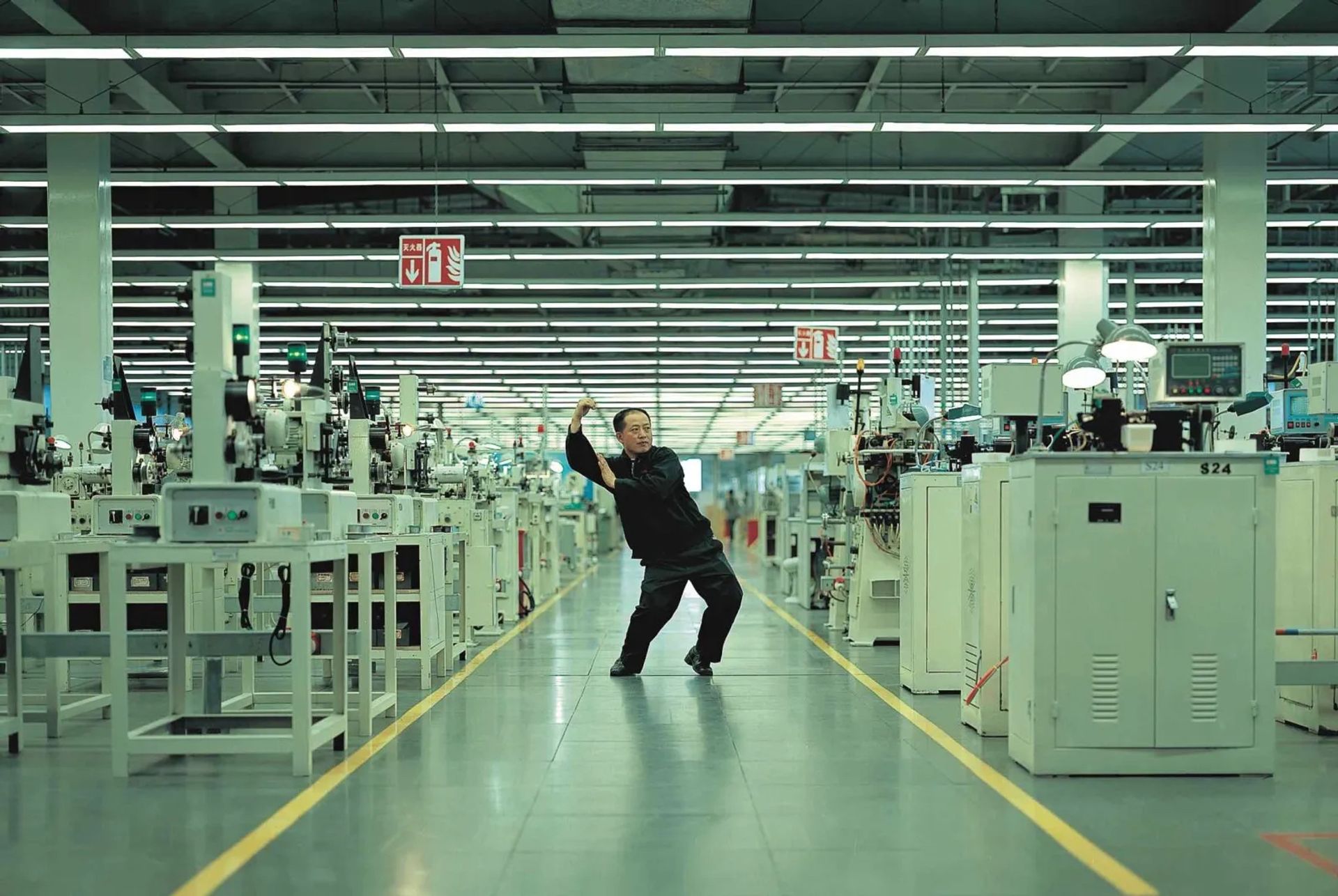
Film still from Whose Utopia?, 2006, dir. Cao Fei. Courtesy of the artist, Vitamin Creative Space and Sprüth Magers
I will expand on this proposition through a methodological framework of what I call Speculative Anthropology.2 This framework cuts through the fine grain of everyday life, on the one hand, and accounts for how worlds are composed, on the other. Simply put, it is to bring together lived experiences and world-building. The world is simultaneously real and imagined, and one is simultaneously an observer and a dreamer. In this view, I would suggest that the distinction between ethnographic account and speculative fiction is rather blurred.

Film still from a scenario in the world of ORCHID, BEE and I, 2022, dir. Chen Zhan and Jingru (Cyan) Cheng
It is the marginalised communities in rural China that have taught me what it means to live with precarity in the first place.
On this transformative ambiguity, I will first introduce an on-going film-based project of a fictional ethnography of a near future, ORCHID, BEE and I, prompted by personal as well as collective experiences of living with the pandemic and the climate crisis. Then, with a different focus, but within the same framework, I turn to situated perspectives and the embedded and embodied knowledge in the margin. I will discuss this via a long-term collaborative work with a village community in China titled RIPPLE RIPPLE RIPPLING.
Through spatial, filmic and performative scenarios, this on-going transdisciplinary experiment intends to penetrate reality as well as knowledge production. It is the marginalised communities in rural China that have taught me what it means to live with precarity in the first place.
Read the entire "Living with Precarity" column by Jingru (Cyan) Cheng.
Bio
Jingru (Cyan) Cheng is a transdisciplinary design researcher. At the intersection of architecture, anthropology, performance and filmmaking, Cyan’s collaborative work is committed to generating new sensibilities and imaginaries. The wide-ranging themes include non-canonical frameworks of being, knowing and practising, aesthetic agency, and modes of co-existence between human and more-than-human. Cyan received commendations by the RIBA President’s Awards for Research in 2018 and 2020 from the Royal Institute of British Architects. Her work has been exhibited in multiple venues, such as the Seoul Biennale of Architecture and Urbanism (2019) and the Venice Architecture Biennale (2018), among others. Cyan holds a PhD by Design from the Architectural Association (AA), and was the co-director of AA Wuhan Visiting School (2015-17). She currently teaches at the Royal College of Art (RCA) in London.
Notes
1 There is no universal “we”. Crucial to navigating through precarity is to recognise the situated differences in a generally shared condition. This aspect will be addressed particularly in the last instalment of the column.
2 The approach of speculative anthropology is being developed in close collaboration with Chen Zhan, an architect, anthropologist and independent filmmaker.


